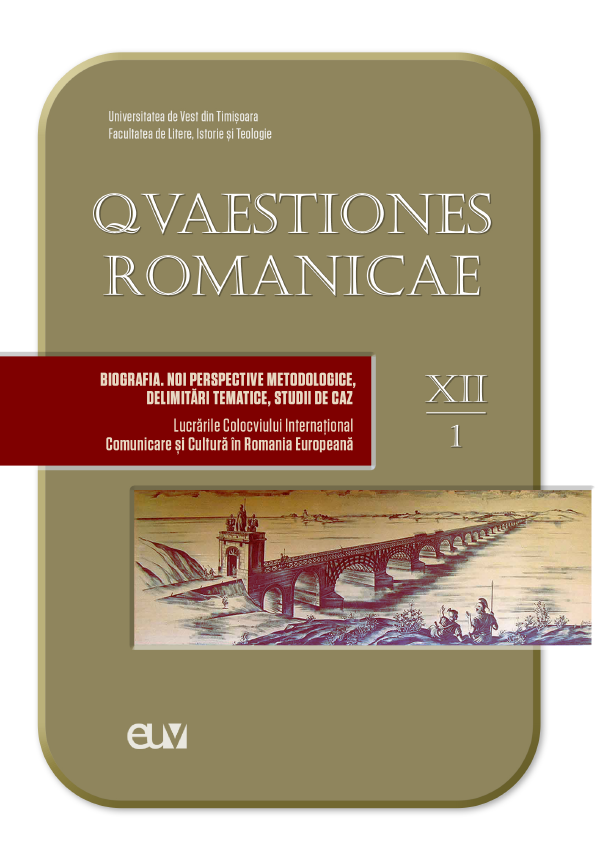Tragism biografic și ambivalența tragică a trăirii la Seneca
Abstract: (Biographical tragism and the tragic ambivalence in Seneca's existence) Spent at the imperial court, under the rule of some bloody emperors (Caligula, Claudius, Nero), Seneca's life is a subject full of controversy and paradoxes, especially in relation to the Stoic ideal of life promoted by the philosopher; wealth, compromises, access to power contradict the simplicity and austerity cultivated by Stoicism, raising doubts about the way in which he correlated theory to practice. Livinging in the context of the determinism imposed by the political power and the atrocities committed by political actors to preserve their own positions, the man's (politician's) endeavor was a continuous experimentation in the field of the tragic. If the threat of death (therefore, seen as an absolute limit) was behind every decision, Seneca's life stratagems were moves on the chessboard of a destiny that would not be able to avoid the tragic end. Thus, the confrontation with the limits of the system and with the ultimate limit (the danger of death) became a pervasive experience that the philosopher sublimated in the plane of thought, and the tragedian revealed on the stage of the tragic experience. The Apollonian compensation brought by Stoic philosophy to a life permanently marked by the consciousness of the final limit is counteracted by the Dionysian revelation of the ambivalent dynamics of living (the mechanisms of emotions, of passions that the Stoics tried to uproot). Centered on monstrous passions, Seneca's tragedies represent the radiography of an infernal mechanism by which emotions generate or limit each other, dragging the individual into a tragic mixer.
Keywords: determinism, power, emotion, limit, tragic.
Rezumat: Desfășurată, în mare parte, la curtea imperială, sub domnia unor împărați sângeroși (Caligula, Claudiu, Nero), viața lui Seneca este un subiect plin de controverse și paradoxuri, îndeosebi prin raportare la idealul de viață stoic promovat de filosof; bogăția, compromisurile, accesul la putere contravin simplității și austerității cultivate de stoicism, generând îndoieli asupra felului în care acesta a corelat teoria și practica. Situat în contextul determinismelor impuse de mașinăria puterii și al atrocităților la care au recurs actorii politici pentru conservarea propriilor poziții, demersul omului (politic) este o continuă experimentare în câmpul tragicului: dacă amenințarea cu moartea (așadar, cu finitudinea ca limită absolută) se afla în spatele fiecărei decizii, stratagemele de viață ale lui Seneca sunt mutări pe tabla de șah a unui destin care nu va putea evita sfârșitul tragic. Confruntarea cu limitele sistemului și cu limita supremă (pericolul morții) devine astfel un exercițiu permanent pe care filosoful îl sublimează în planul gândirii, iar tragediograful îl revelează pe scena trăirii tragice. Compensația apolinică adusă de filosofia stoică unei vieți marcate permanent de conștiința limitei este contracarată de revelația dionisiacă a dinamicii ambivalente a trăirii (mașinăria emoțiilor, a pasiunilor pe care stoicii încercau să le extirpeze). Centrate asupra unor pasiuni monstruoase, tragediile sunt radiografia unui mecanism infernal prin care emoțiile se generează sau se limitează reciproc târând individul într-un malaxor tragic.
Cuvinte-cheie: determinism, putere, emoție, limită, tragic.
